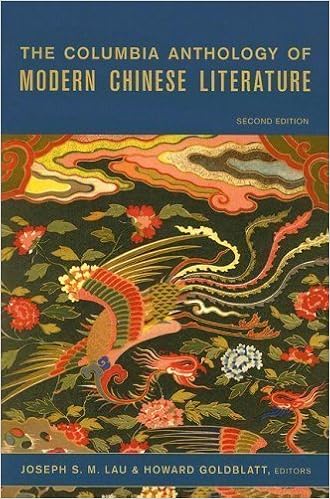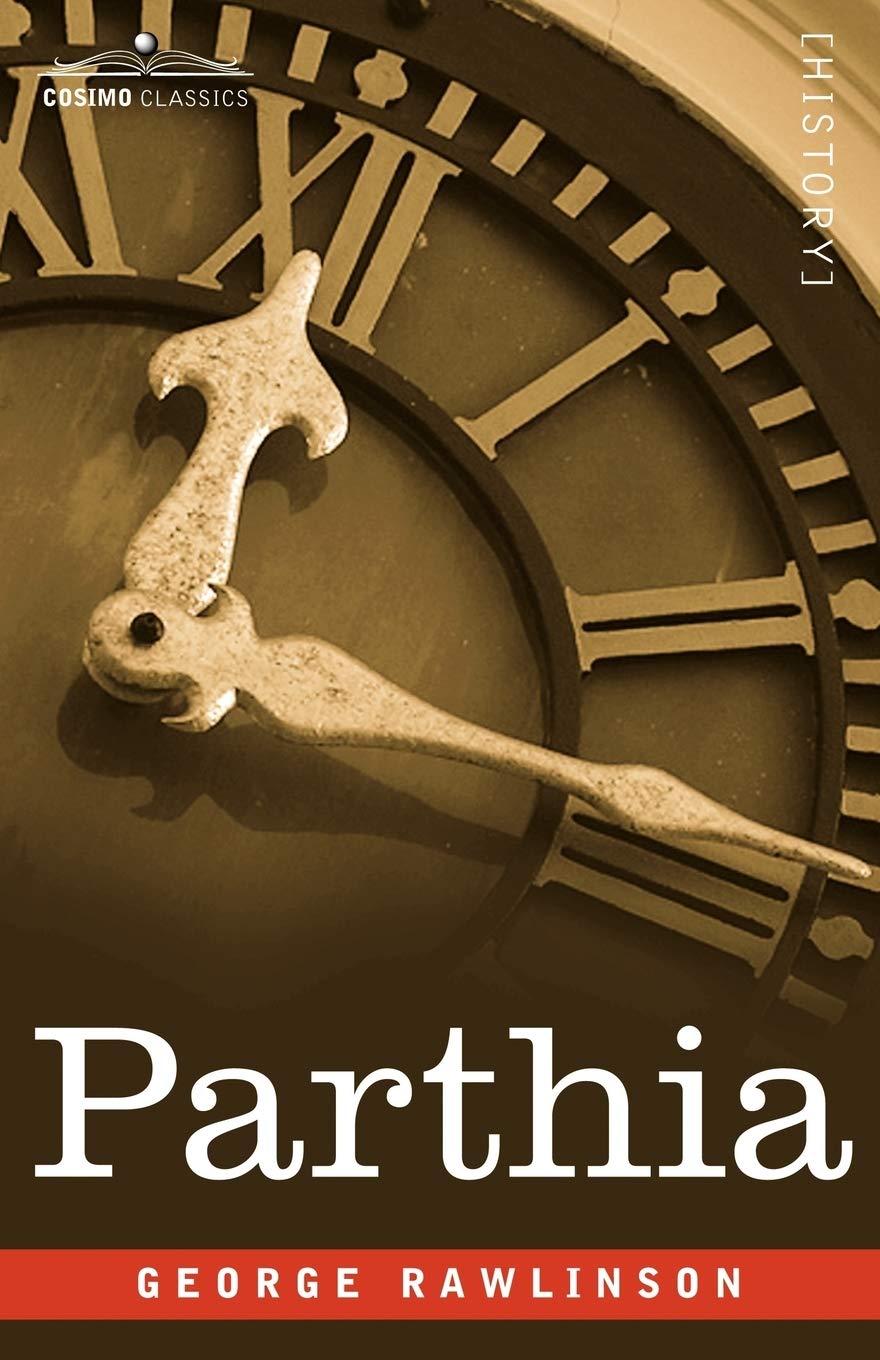Intriguingly, the editors chose to provide the volume in three sections, with three subsections each. First, the anthology is split up by genre: Fiction, Poetry, and Nonfiction. Then, it is split up by period: pre-Mao (from 1918), Mao, and post-Mao. Personally, I would have preferred the genres not be split out, so that the work would have been wholly chronological, but I can see the value in the generic splits. The fiction section is the longest, taking up 5/7 of the overall text, with the poetry and nonfiction each taking up about a seventh. Initially, I would have thought the fiction—short stories, not chapters from longer novels—too long, but the editors choice here seems to be wise. It is the stories that are the strongest section of the book. The poetry, I found, though often full of profoundly beautiful imagery did not seem on par, as a whole, to the classic Chinese poetry of years before, the images often not evoking a parallel track of thought about life. The nonfiction was also not so inspiring or interesting to me. As such, the stories proved to be the section that most seemed to reflect the concerns of daily life for modern Chinese.
What is evident in the pre-Mao section stories is the poverty that must have dominated China before the coming of communism. Such helps explain why the revolution came about. One gets the sense in some tales, which present a more communistic view, of the hope some held out for revolutionaries. But mostly, one gets the feeling for the overall povery of the population. The Mao section of stories present only a few of idealism. That's because so much of the literature that the editors have chosen comes out of Taiwan. But there's probably good reason—idealistic stories of Maoist society do not generally make for interesting reading, except maybe the first one or two times. The Post-Mao world is surprisingly open about the failures and horrors of the Cultural Revolution—neighbors turning in/on neighbors to keep from being turned in themselves, no one truly guilty of anything outside a willingness to sell others out for alleged lack of loyalty to save one's own skin; old revolutionaries who have come to see the folly of their hopes; local party leaders who use their authority to perform heinous acts.
My two favorite pieces in the book stemmed from this post-Mao period. The first, “The Tunnel” by Chen Ruoxi, concerns a lonely older man whose adult children are devoted to the party and who are making their way up various government positions. This older man cannot be and is not allowed to have a love interest, since that would interfere with inheritance and potentially with the children's party status. During the course of the story and his service on one of the party committees helping to aid the community, he finds himself falling for a widow, whose husband had been accused of being against the party and had been taken away. The father finds various amusing ways to have small trysts with this woman, sneaking out, for example, to see movies with her. But the family will NOT allow him to remarry—it is simply shameful for an older man and would hurt his children's own economic needs. One day, the couple opts to skip the movie and go for a hike in some lesser known part of the city. They find a tunnel and some alone time. The ending here is heartbreaking, just as the man's experience of being denied love would have been.
The other story, and a very short one at that, that stood out to me was Liu Yichang's “Wrong Number,” not so much for its emotional connection as for its technical trickery. The tale is one told twice, once without the “wrong number” phone call and once with it, showing how a few minutes—a dead butfferfly, if you will, to use the old sci-fi trope—can change the course of one's life.








